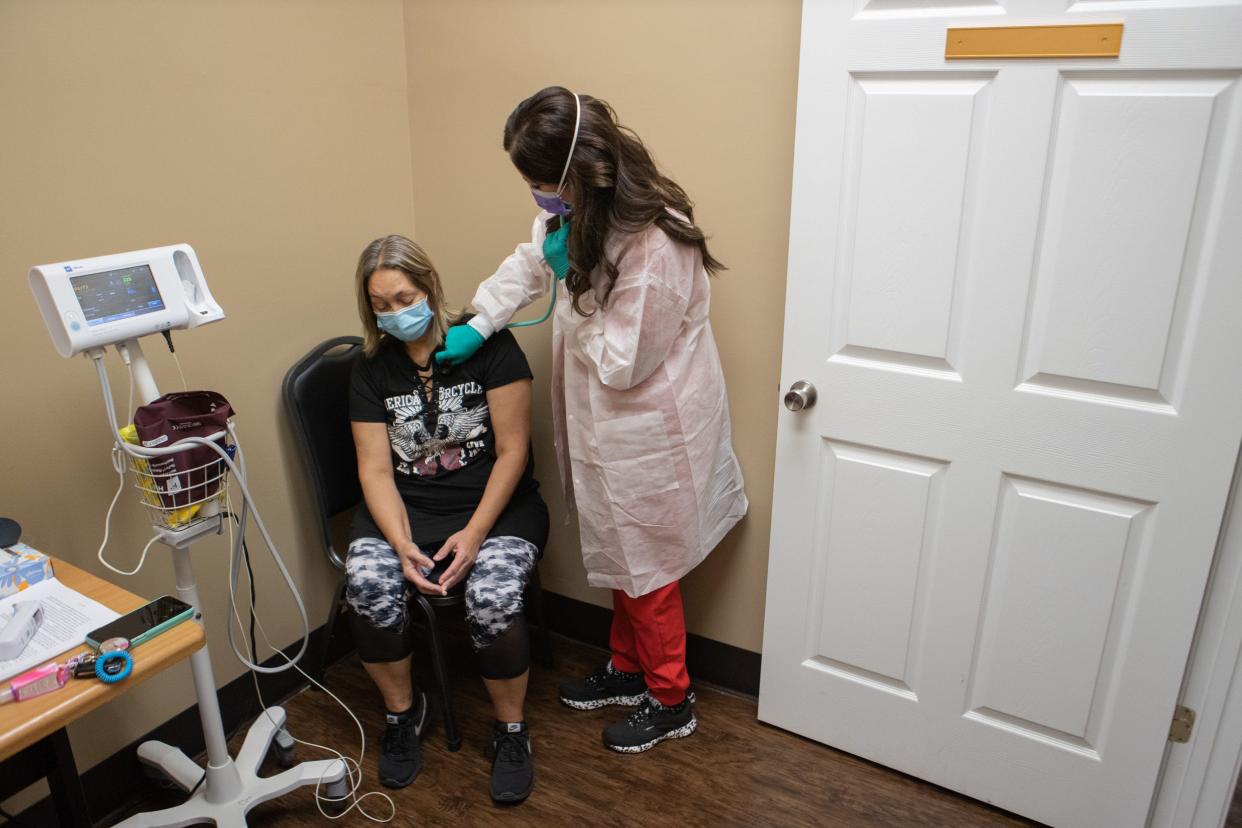Kentucky has created a legal monopoly for healthcare. The effects are destructive.

Imagine if McDonald’s could block any small entrepreneur who wanted to open a new burger joint near one of their franchises. That sounds absurd and unfair, but that is almost exactly how opening a new health facility works in Kentucky. It’s led to a system that creates higher costs and worse healthcare outcomes for residents. But now the state has created a task force that could recommend an end to the laws that created this destructive monopoly.
Called certificate of need, these laws require government permission from the state for nearly any expansion of new facilities or services – all the way down to the very number of beds a hospital can have. While the original goal was to streamline healthcare and reduce costs, the research is clear that the opposite has been achieved.
CON laws prevent healthcare facilities from opening or expanding without permission
Our new report pulls together decades of research on the effects of CON laws. The hospital associations that lobby to keep this medical monopoly in place like to claim that the data on CONs is mixed. It’s not. Nearly 90% of statistical tests performed on CON laws show negative or neutral results. Damningly, studies reach negative results more than five times as often.
Why is this? Because CON laws prevent new or existing healthcare facilities from opening or expanding without a government permission slip. An applicant must jump through a series of bureaucratic hurdles where they “prove” there is a need for the service they want to offer. The process is long and expensive, often taking months if not years and thousands of dollars in fees with the government able to reject an application at any point along the way. For some services, need is determined using a one-size-fits-all formula based on obscure math regardless of the real-world circumstances.
Competitors are allowed to have input
The application process also allows competitors to raise objections, which they almost always do. This has made it incredibly difficult for new facilities or services to be created and has artificially capped the number of healthcare providers in the state.
For states with CON laws, patients on average have less access to care, the quality of the care is diminished, and the costs of care are higher on average when compared to states that have abolished their CON laws.
This has materialized in Kentucky. CON restrictions have led to dangerously low levels of psychiatric beds and ambulance services. So low that Governor Andy Beshear was forced to override existing CON regulations with emergency regulations earlier this year. This may have been avoided if the commonwealth granted the CON applications for psychiatric beds and ambulance services filed over the past two years.
The task force has its work set out for it, but there is already a mountain of evidence that CON laws are harmful. The handful of health care providers who benefit will try to claim that they have patients’ best interests at heart. Yet Kentuckians deserve better and the path forward is clear: abolish CON laws and let new service providers enter the market.
Jaimie Cavanaugh is an attorney, and Phillip Suderman is a communications project manager at the Institute for Justice in Arlington, Va.
This article originally appeared on Louisville Courier Journal: Certificate of need laws creates medical monopolies in Kentucky.

